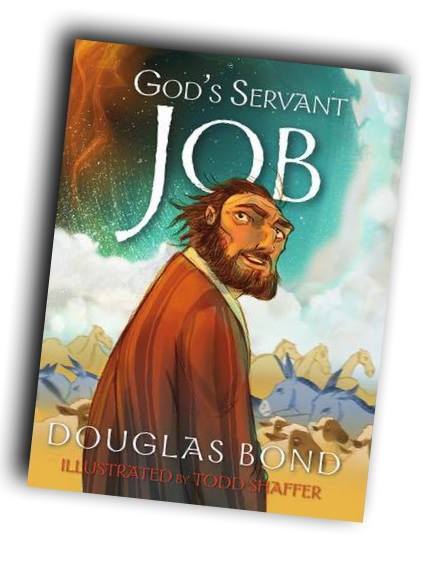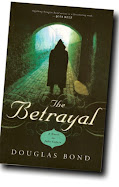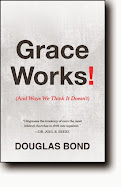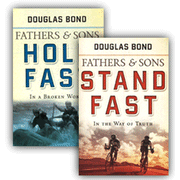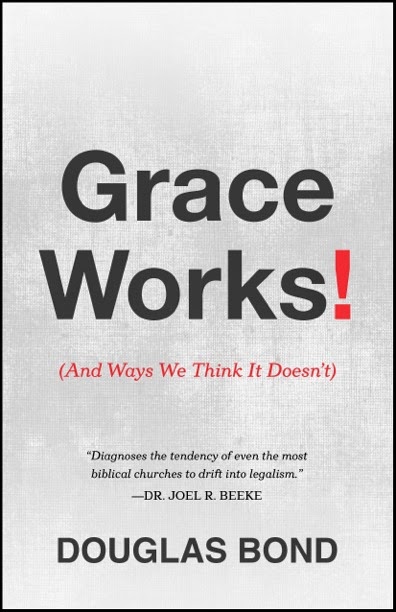 |
| Inkblotters after I read from intensely rough opening chapter |
Alisa reads from her 1890 historical fiction set in Roslyn mining. I love the way Alisa celebrates her (our) region and its colorful, rough-and-ready, and rocky history (sorry for the mining allusion). This is narrative beginning exposition, setting up the novel. Rich, narrative description, but I wonder if we're missing something. I feel like I am almost there, can see what the characters see, feel like maybe we need more sounds, smells? Let me think about that. This first chapter is a prologue, then chapter one launches the reader decades forward to the 1930s. We asked Alisa to give us the 40-year transition by reading some paragraphs. Alisa captures the difference in language in 40 years, clearly evidenced, which is not easy to do. The story will explore issues of race, and of how some prospered during the Depression when most lost everything.
Alisa started writing The Emblem seven years ago and the novel is 30,000 words fewer now than originally, upped the pace as a result. F Scott Fitzgerald did a similar chainsaw edit of Great Gatsby. I've found that when anything I have written does not seem quite to work, cut unnecessary words. Be brutal. It will almost always be better. Here is Alisa's synopsis of The Emblem:
We ended up talking for awhile about racial issues and tensions between race.
John read from his novel Violeta. A chapter with conversation about God. Russian novel set in 1917. On the run for their lives with her French Huguenot governess. I like how you used the crow cawing bringing her thoughts back to the present. Can you have Violeta unwilling to tell what she is thinking, and have her governess draw it out of her. Otherwise, the dialogue seemed a bit forced. The butter is a good touch, appeals to readers' taste buds. Praying in fiction is hard to pull off. Have Violeta responding to her words with taunts and criticism.
I yapped for a bit about the nonfiction project I've tentatively, haltingly, anxiously (I despise adverbs) began, my pen quavering (not quaveringly, I'm improving, maybe). But I decided to read from my latest New Reformation Hymn effort on the blessings of fearing of God, temporal and eternal blessings on the man, the woman, the sons, the daughters, the home, and the church:
How blessed the man who fears the Lord!
Who daily feeds upon his Word,
And falls down at the mercy seat,
And casts his fears at Jesus’s feet.
How blessed is she who fears the Lord!
Delighting, trusting in his Word:
She fears no danger, threat, or harm
While resting safe in Jesus’ arms.
How blessed are sons who fear the Lord!
Who hear and heed the Spirit’s Word.
No tyrant’s heel can hurt them here
Since they the Sovereign Lord revere.
How blessed when daughters fear the Lord!
And love God’s ways, his holy Word.
Disease and dying hold no fear
Since Christ who conquered death is near.
How blessed the home that fears the Lord!
Adoring the incarnate Word;
Like cherubim and seraphim,
In humble awe, God's praises hymn.
How blessed the church that fears the Lord!
Her Savior’s work, her sure reward;
With wondrous voice, high praise repeats,
And bows in awe at Jesus’ feet.
Douglas Bond, copyright, January 4, 2017
Rachel's computer died just as she was about to read to us. She'll be up first next week. So I then did go ahead and read from opening chapter of my non fiction book on the Delightful, the Disappointing, and the Despicable Marriages of Church History (working title, but you get the idea). I have never read anything at so rough a stage of the writing process as these opening paragraphs. They stared unblinking at me as if I had lost my marbles, and were very gracious. Now to rewriting. I am so glad that writing is not like brain surgery. With writing you can try getting it right the second time, and the third, and the fourth... Brain surgeons get one shot. I'll stick with writing.
Follow progress on new book at bondbooks.net and follow my new podcast The Scriptorium at blogtalkradio.com/thescriptorium I'm featuring on-going writing tutorial along with author interviews and historical vignettes. I may have a future Inkblots broadcast on The Scriptorium, so follow and share.






